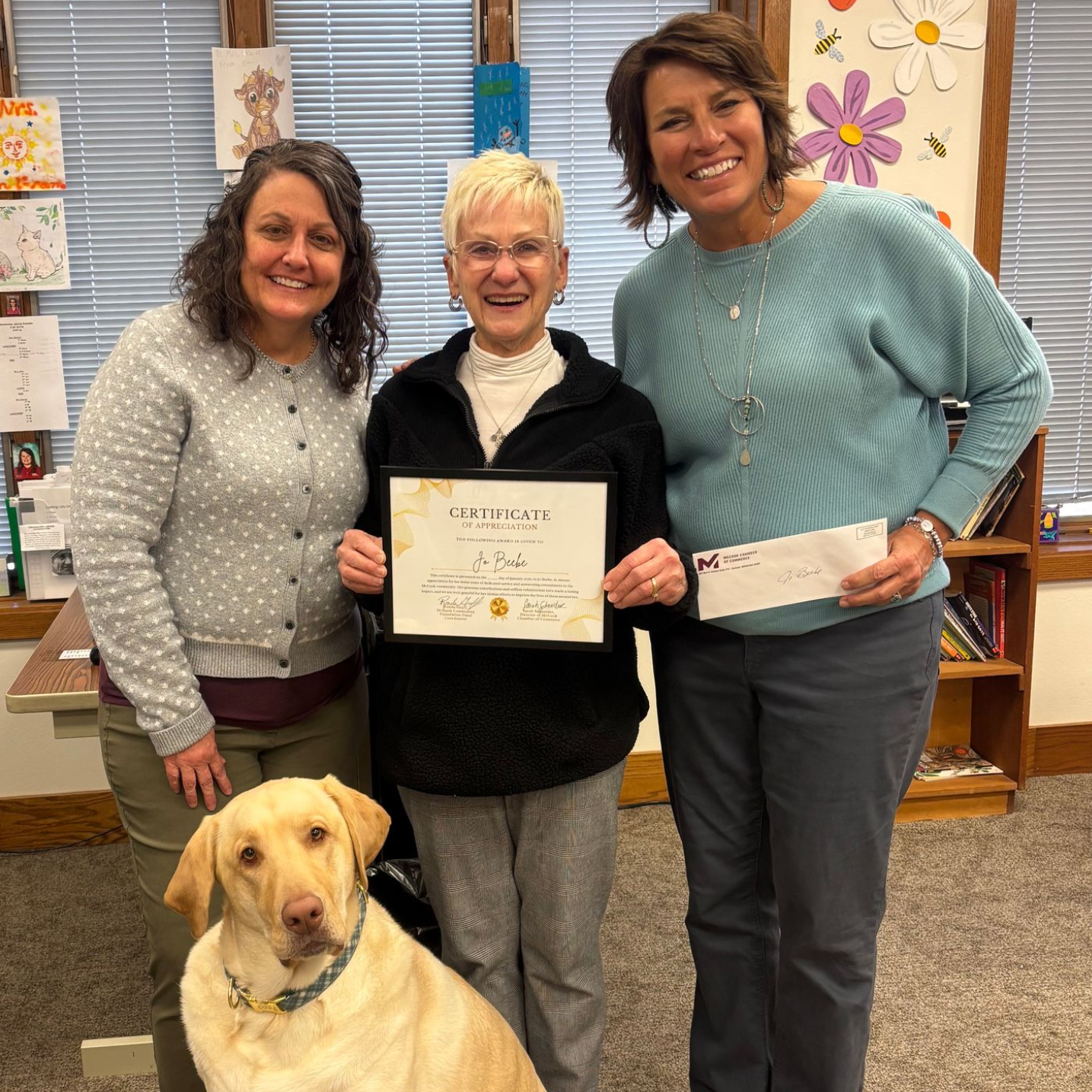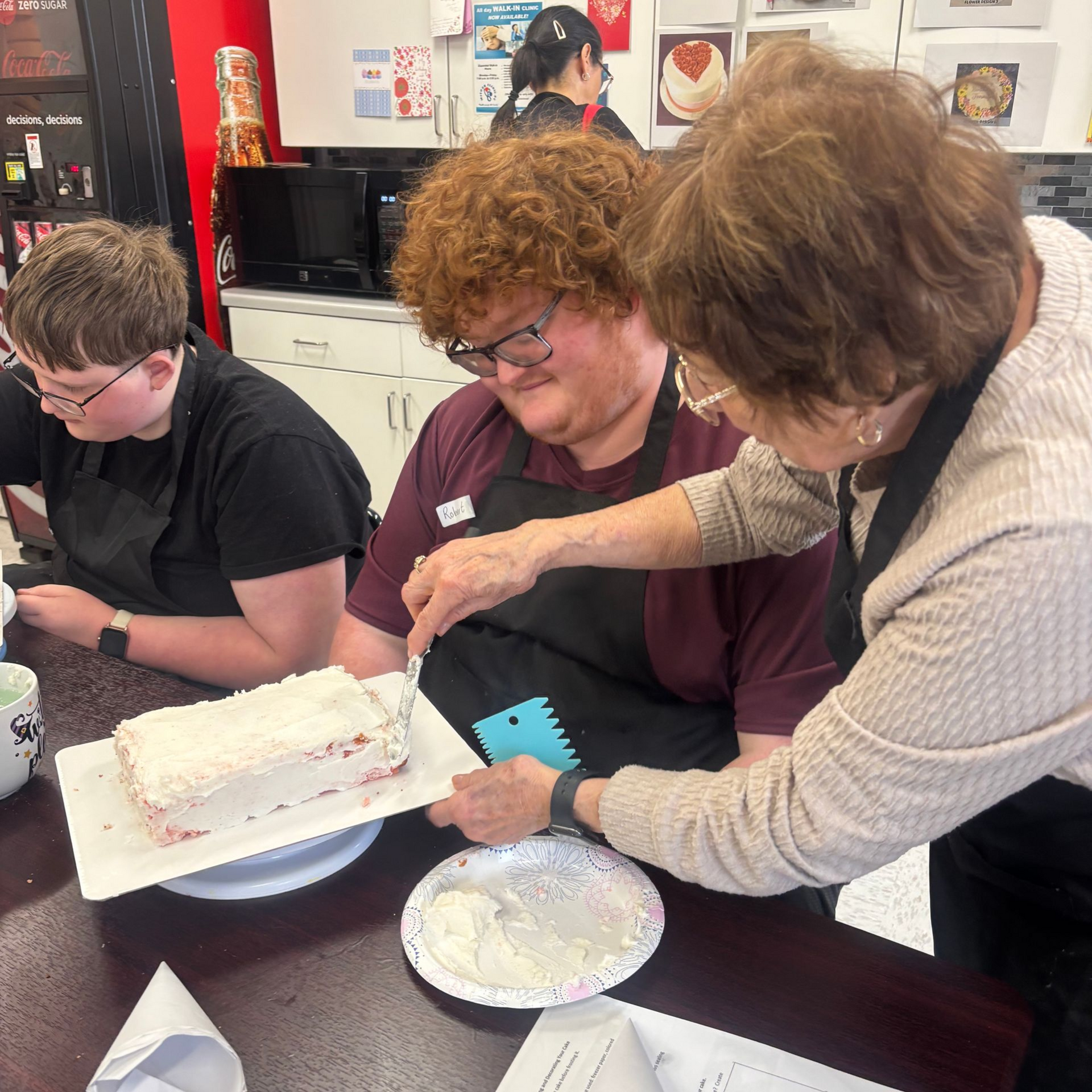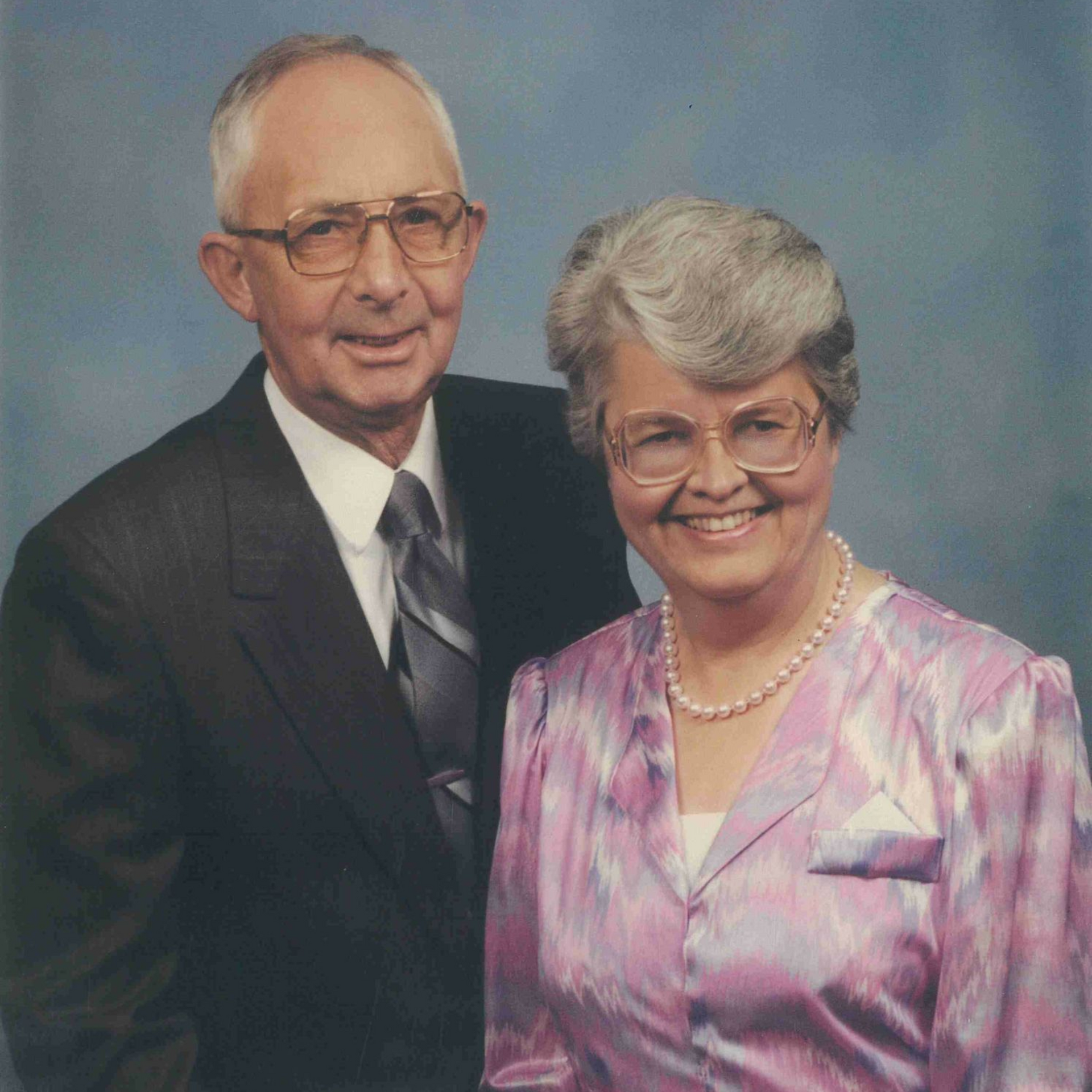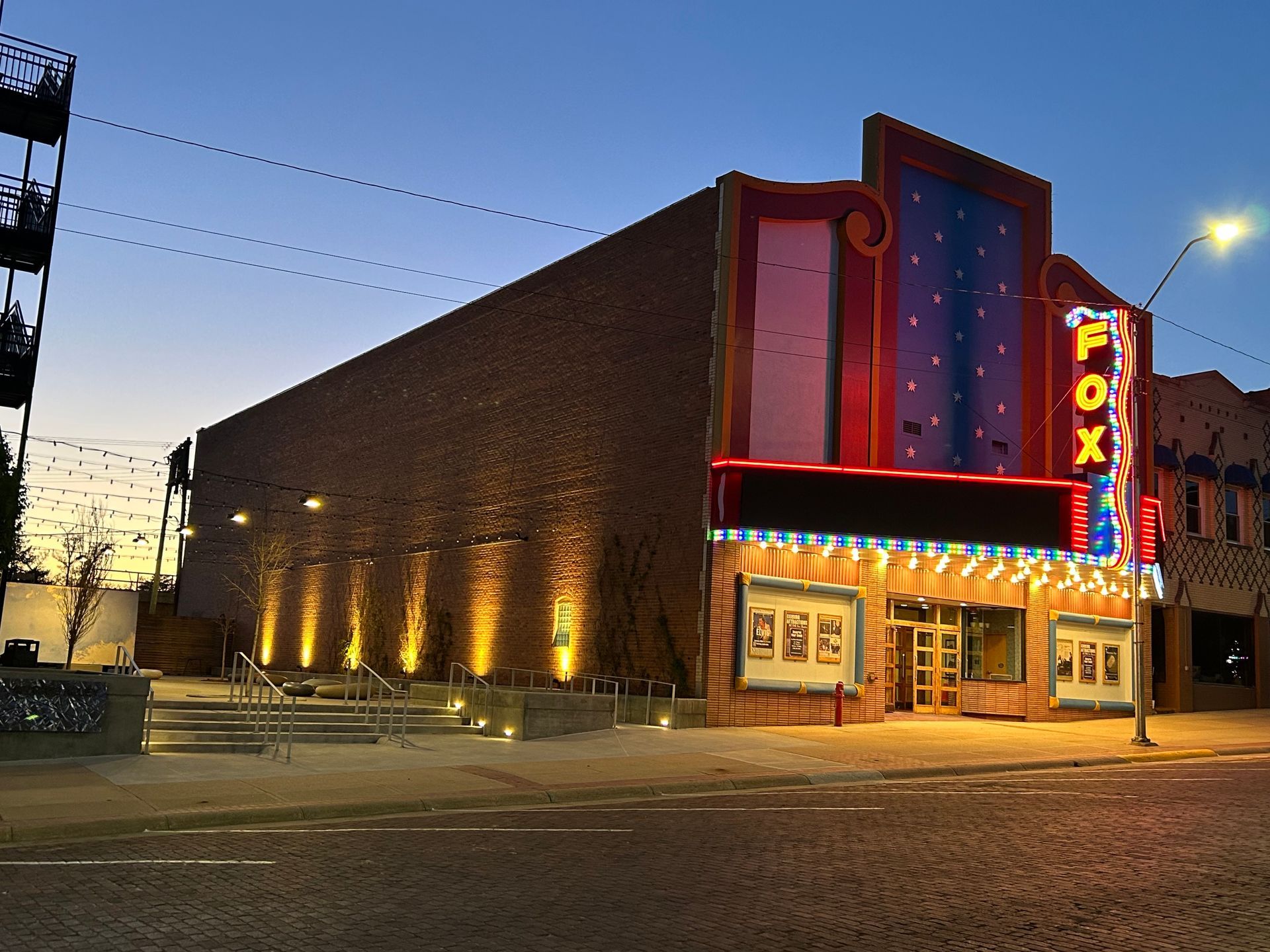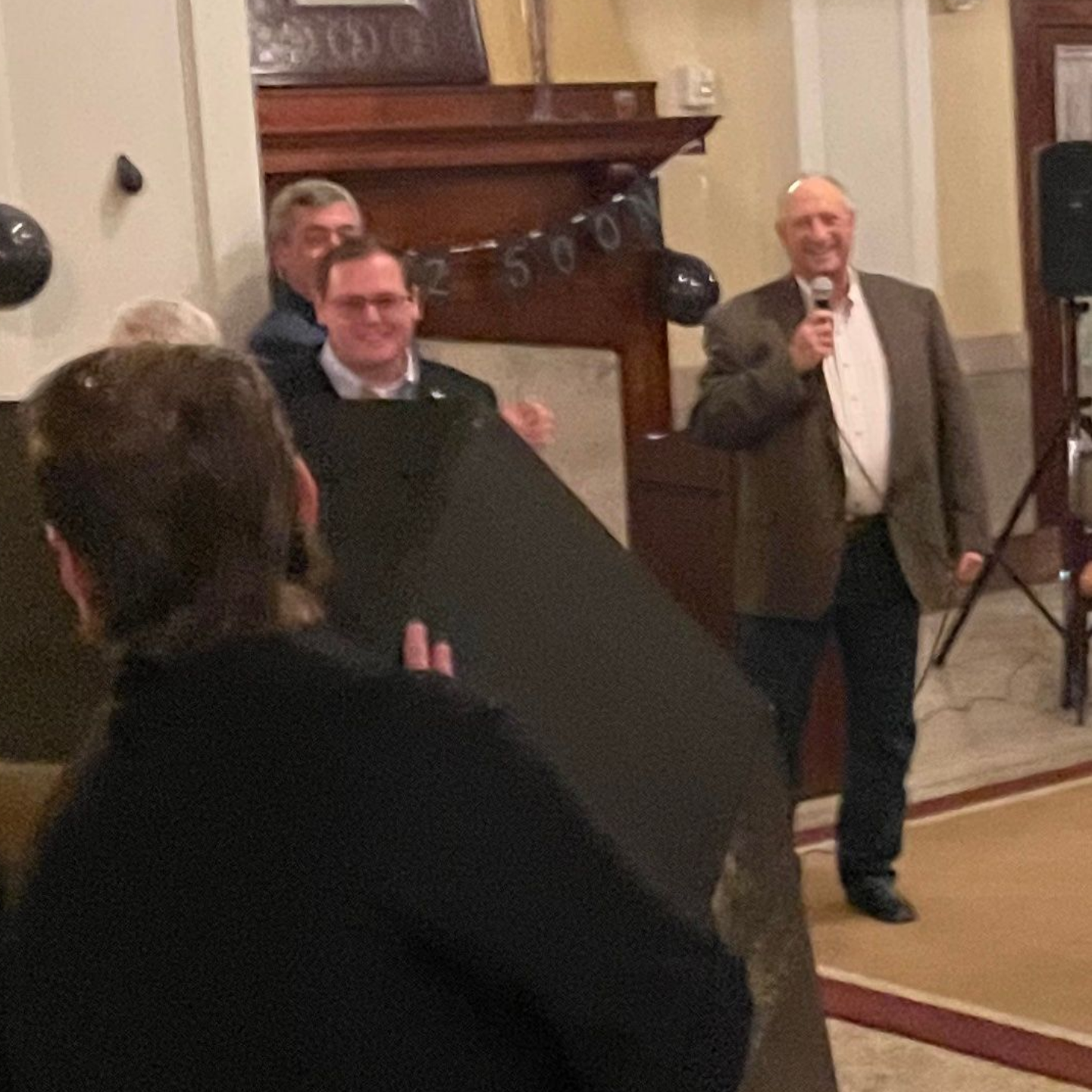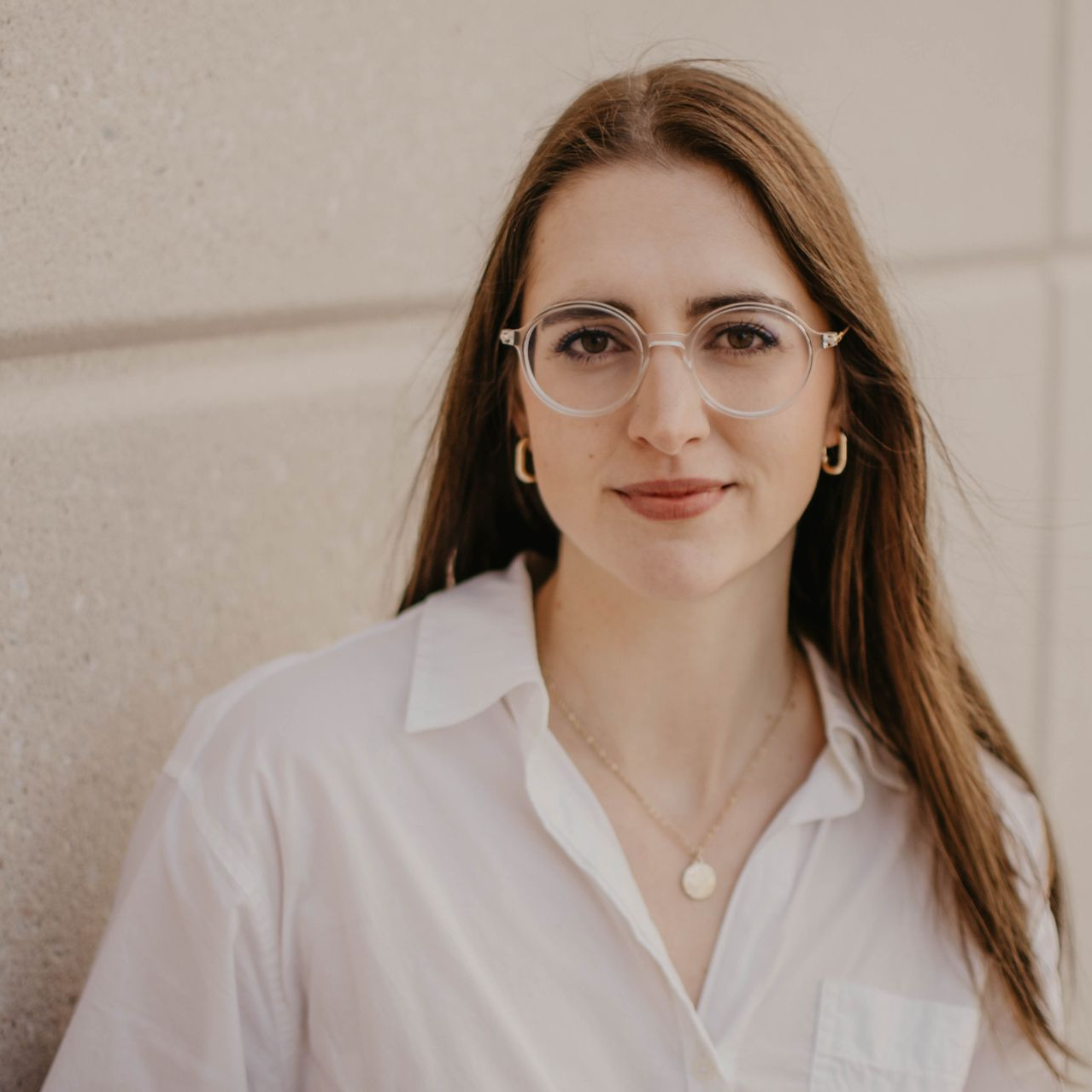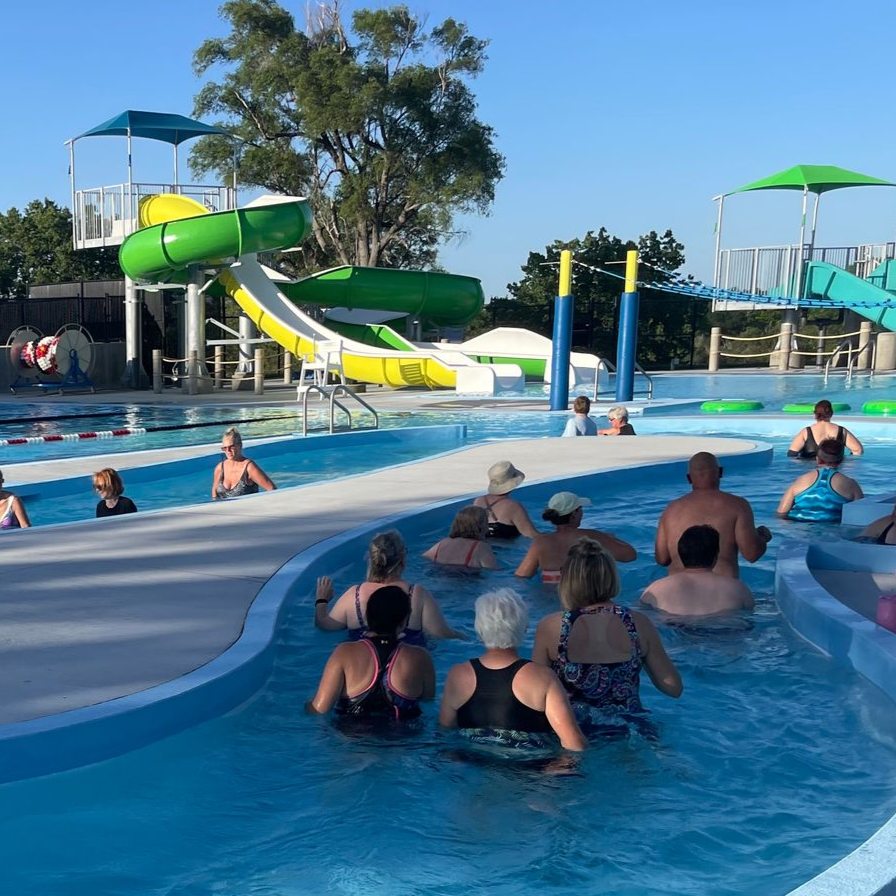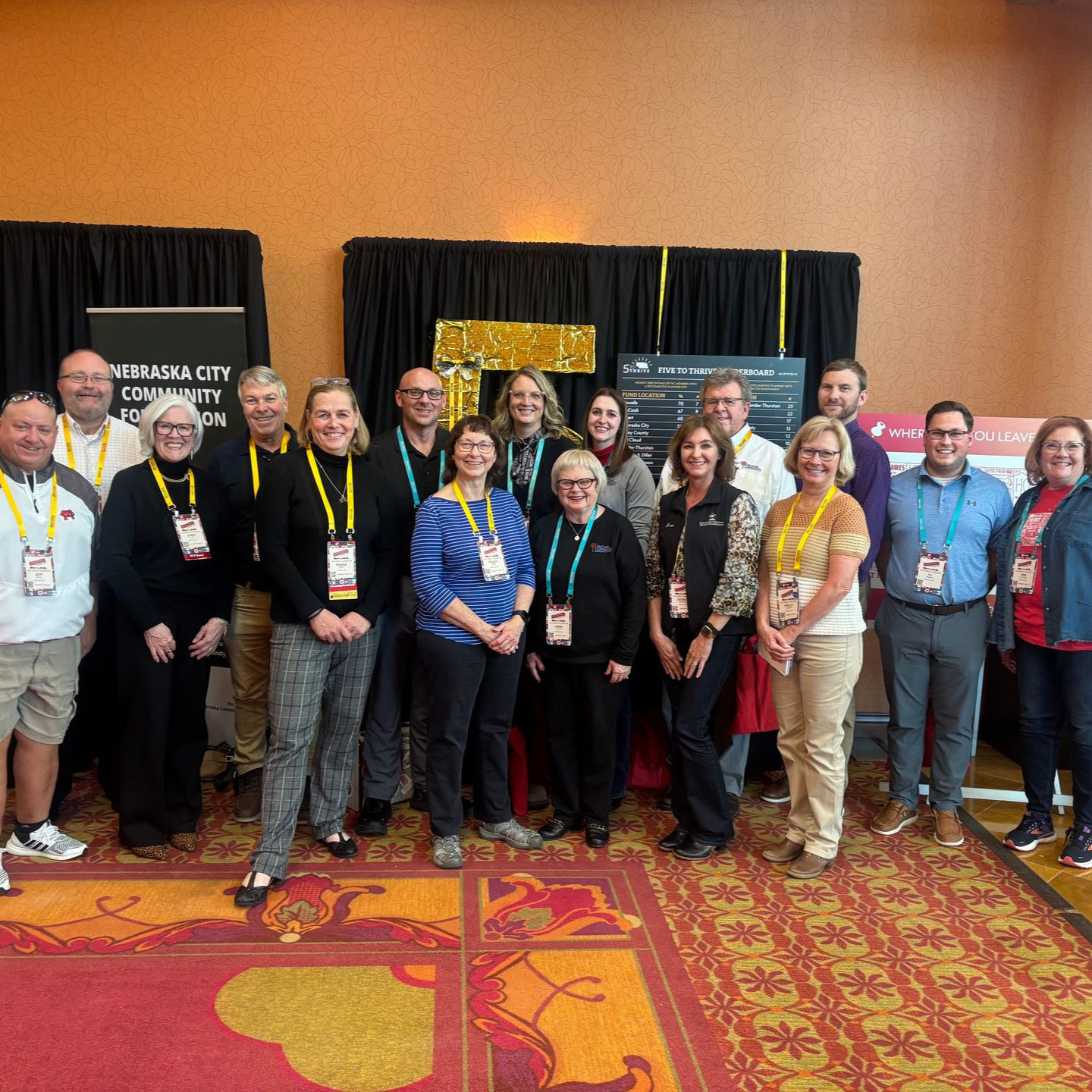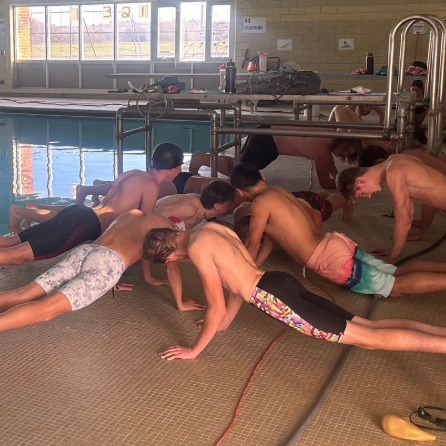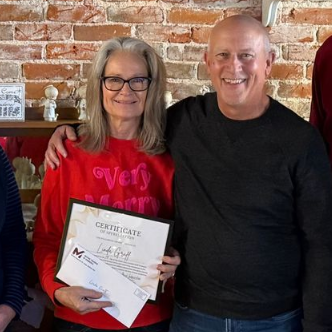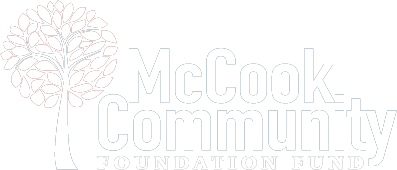Recognizing the Changes in Our World
If you don’t think your mind, your actions or your lifestyle has changed over the years, stop for a moment and think of how you do things differently. Some of the changes have been positive, others maybe not so much and some differences we haven’t noticed but have profoundly altered the way we do things.
It became readily apparent to me recently when a group of friends and I decided to attend a trivia night at The Yard in McCook. Trivia nights are now a common occurrence thanks to digital software that easily provides questions and most commonly, four answers to choose from.
But the recent night of trivia was held analog style, ie., no phones allowed on the table, no Googling permitted and no online searching of any kind. I cannot tell you how many times I reached toward my pocket that held my phone with each question that our table couldn’t answer. And many of the questions that trivia master Kevin Cochran came up with did not have softball answers. Throughout the evening, I did wonder if he really knew all the answers to the questions before he created the trivia night, such as the smallest bone in your body, or if did what we couldn’t do - looked it up on the little computer in his pocket, aka, his phone.
It is not instinctual to just look up the information we need. We no longer can not know the answer to a question or leave a conversation with everyone agreeing to disagree because the issue couldn’t be clarified or verified. We have a world of information at our fingertips know and it’s hard not to access it all the time.
And it took true willpower to not pull out our phones and look up the answers, something I was loathe to admit but that we did do for the entire evening. It would not hurt each of us to put away our phones for an hour, a day or even a week. In fact, it would probably do each of us a bit of good.
Our minds and lives have changed and rarely do we take a moment to acknowledge how they have evolved.
Most of the changes have involved digital technology.
For example, I asked my son to text his piano teacher to let her know that he was not able to make practice because of another commitment. For the previous 10 years, I reached out to her whenever there was a change to my son’s schedule. But if my son can drive, he can reach out to his teacher so I forwarded her contact info him.
But later in the day, his teacher texted me to ask why he wasn’t at practice. I learned that he had texted her but had texted her land line. He didn’t realize, didn’t think about, didn’t consider that you can’t text every phone number in your contacts. But to young people, every phone number that they use is a cell phone and therefore able to received a text message. But now he knows.
Because of technology, certain sayings are now out of date.
We recently went through the semi-annual time change, falling back at hour. I’m waiting for our Unicameral to come to a consensus on just this one issue. Just pick one direction or another with the time change and stick with it.
But until that happens, twice a year we see commercials, view social media posts and hear people say, “Don’t forget to move your clocks.” For my children though, I’m not sure if they “moved” a single clock. Their phones automatically updated. Their watches synched with the new time on their own. They only clock they perhaps to adjust was the one in their vehicles and they likely don’t pay any attention to those numbers since their phone is sitting right there.
Changes to our world are not entirely the evolution and addition of technology.
This has been several years ago, but one of my sons was writing his thank-you cards following high school graduation. He knew how to write the letter grammatically correct. He knew how to properly address the card. But then it came time to put a stamp on the envelope, he ran into a stumbling block - he couldn’t get the stamp on. It just wouldn’t stick.
Now, I must back up because it’s not entirely his fault the situation he was in. My mother-in-law had built quite a stock-pile of stamps before she passed years before and my son was using those stamps - some which were peel and stick but many others that had to be licked. Up until that point, my son had never been around those that had that yummy glue on the back and it never occurred to him to lick the small piece of paper. We just took for granted that he knew what to do. And while it gave us a short chuckle, he did finish the thank-you with both styles of stamps.
And lest anyone thinks he or our other children are too reliant to technology, rest assured that we keep them thinking and on their toes.
After all, most of our vehicles are manuals so all of them know how to drive a stick. The majority of our cars are so old that they don’t have any of the modern technology like back-up cameras and lane assist. And one truck is so old that it has what could trip up many people: hand-crank windows.
Change and technology can be good but taking note of its affect on us is just as important so that we recognize when its good for us or when we need to take things into our own hands.
